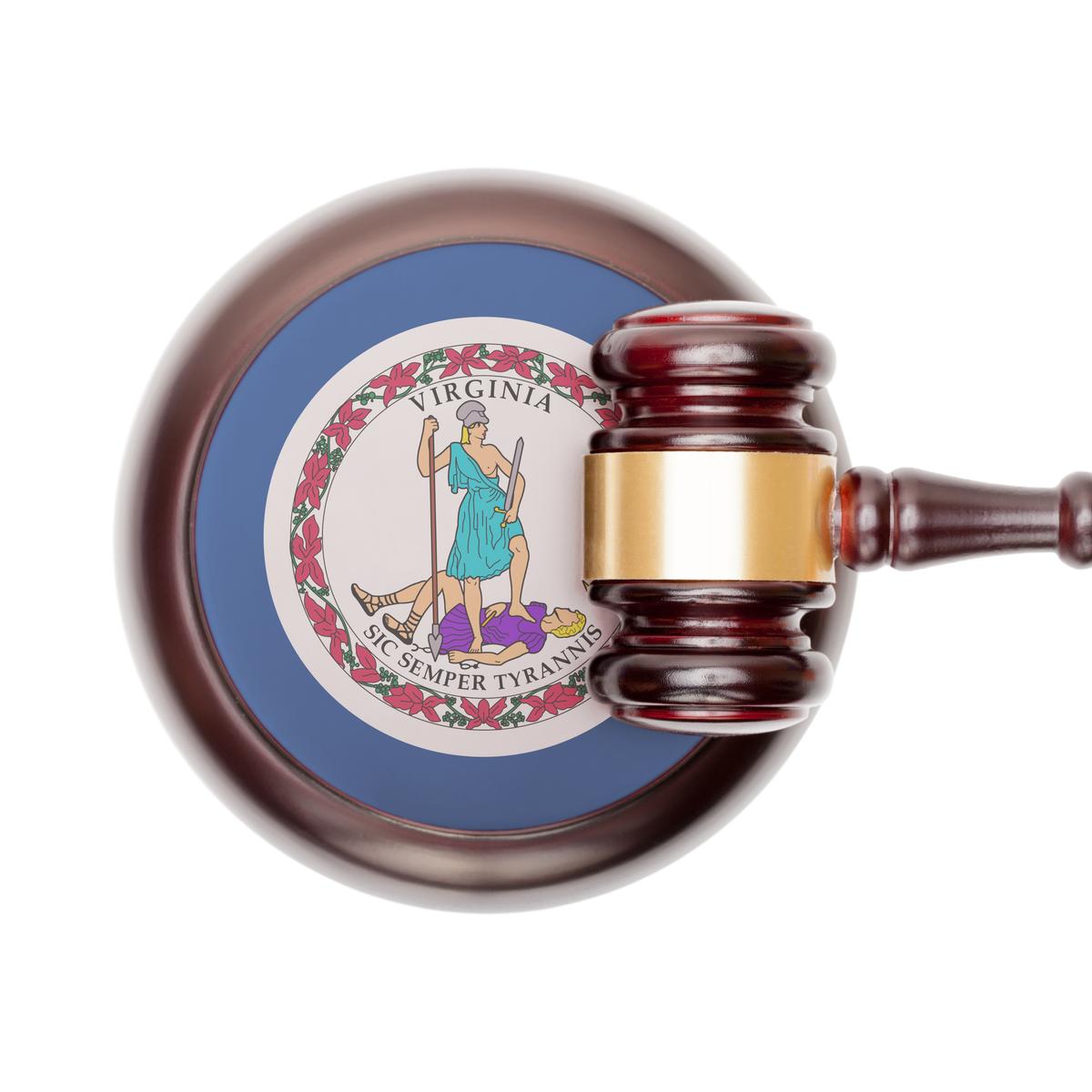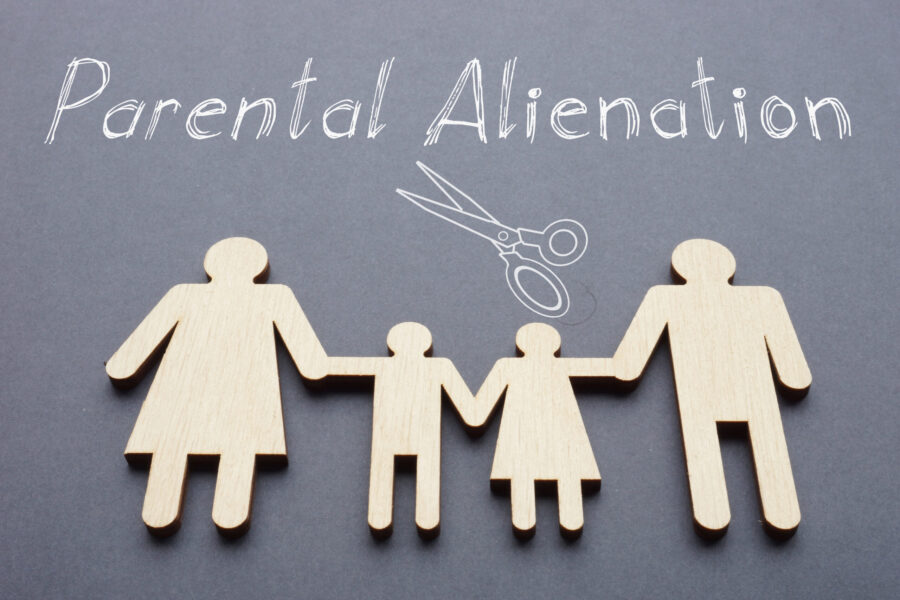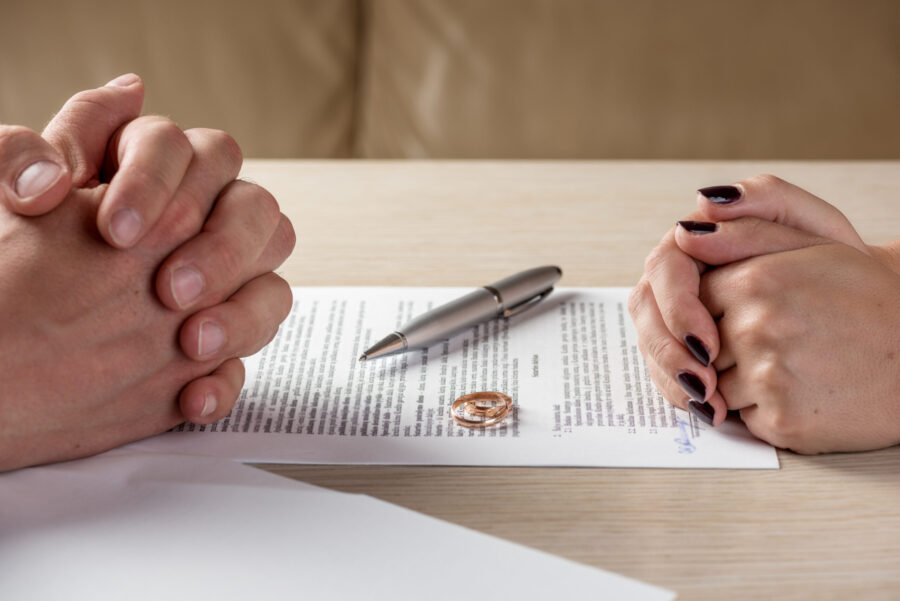The intersection of parental alienation and Child Protective Services (CPS) within the intricate web of…
What Are Grounds for a Protective Order in Virginia?

You should never have to fear for your life. If someone is making you fearful, you can request a protective order. In Virginia, protective orders are issued by a court to protect you from any harm caused by another person. Family issues are the most common reason that courts issue protective orders, but they are issued to protect people from a variety of things, including:
- Domestic violence: Under Virginia law, domestic violence occurs when someone commits an act of violence or threat against their family or household member. For purposes of Virginia law, family or household member means your immediate family, including step-family. It also means anyone who lives in the same house or has lived together in the last year. For a court to issue a protective order for domestic violence, you must show there is a reasonable fear of future harm.
- Stalking: If someone repeatedly causes you to fear or feel distressed because they are following, monitoring, or threatening you, the court could issue a protective order.
- Harassment: Harassment occurs when someone engages in a pattern of conduct that causes fear or distress. If someone is harassing you and making you fearful, you can request a protective order.
- Sexual assault: To obtain a protective order for sexual assault, you should show that the respondent has sexually assaulted you and that you reasonably fear it will happen again.
- Child abuse: When a child is subjected to physical or emotional abuse, neglect, or sexual assault, the court can issue a protective order. To obtain a protective order, you must show that the child is a victim of abuse and that there is a reasonable fear that the abuse will continue.
- Elder abuse: When an elder is physically, emotionally, or financially abused or neglected, the court can issue a protective order. There must be a reasonable fear of future harm for the court to issue the protective order.
Types of Protective Orders in Virginia
There are three types of protective orders available in Virginia, including:
- Emergency protective orders: An emergency protective order (EPO) is a temporary order issued when there is a threat of immediate harm. EPOs are usually requested by law enforcement officials who respond to domestic violence or emergency situation. Usually, EPOs expire after three days.
- Preliminary protective orders: A preliminary protective order (PPO) is usually issued after a hearing where you show reasonable grounds for a protective order. PPOs are usually issued for 15 days, but they can be extended until the full hearing if you continue to have a reasonable fear of harm.
- Permanent protective orders: A permanent protective order is issued after a full hearing where both parties can present evidence and arguments. Permanent protective orders usually expire two years after they are issued. However, the court can extend the protective order for an additional two years if you show you still have a reasonable fear of harm.
If the respondent violates any of these orders, severe consequences can ensue, such as jail or prison time.
Where to Request a Protective Order
The relationship between the victim and the perpetrator will determine where you should go to request your protective order. For example, victims of domestic abuse can request a protective order through the Juvenile and Domestic Relations District Court. However, if either the person who needs protection or the one causing fear is under the age of 18, you should request the order through the Juvenile and Domestic Relations District Court.
In contrast, when the case deals with anyone not considered a family member or household, you should request the order through the General District Court.
Contact Pincus Goodman, P.C. for Help Today
If you need a protective order, the Virginia Beach attorneys of Pincus Goodman, P.C. can review your case and let you know how we can help. To discuss your legal options with one of our attorneys, contact us at (757) 301-9634.





